Timely Planting:
An Important Resilience Strategy For Minimizing Yield Loss Due To Drought
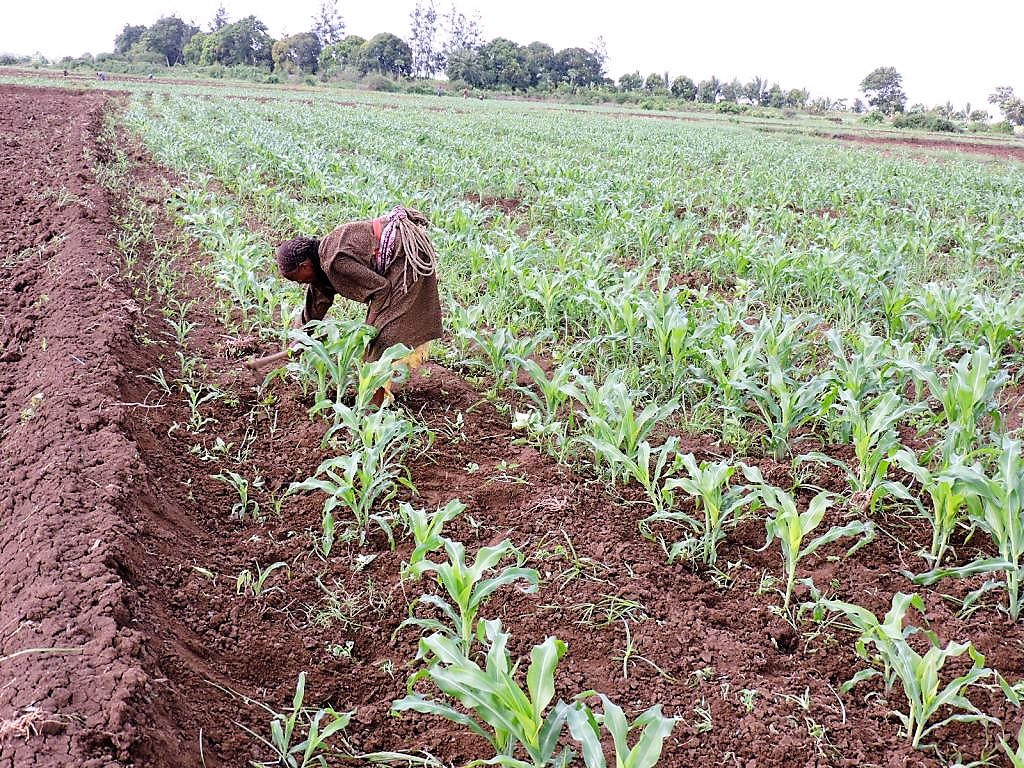
Timely planting is an important management strategy for minimizing yield loss due to drought.
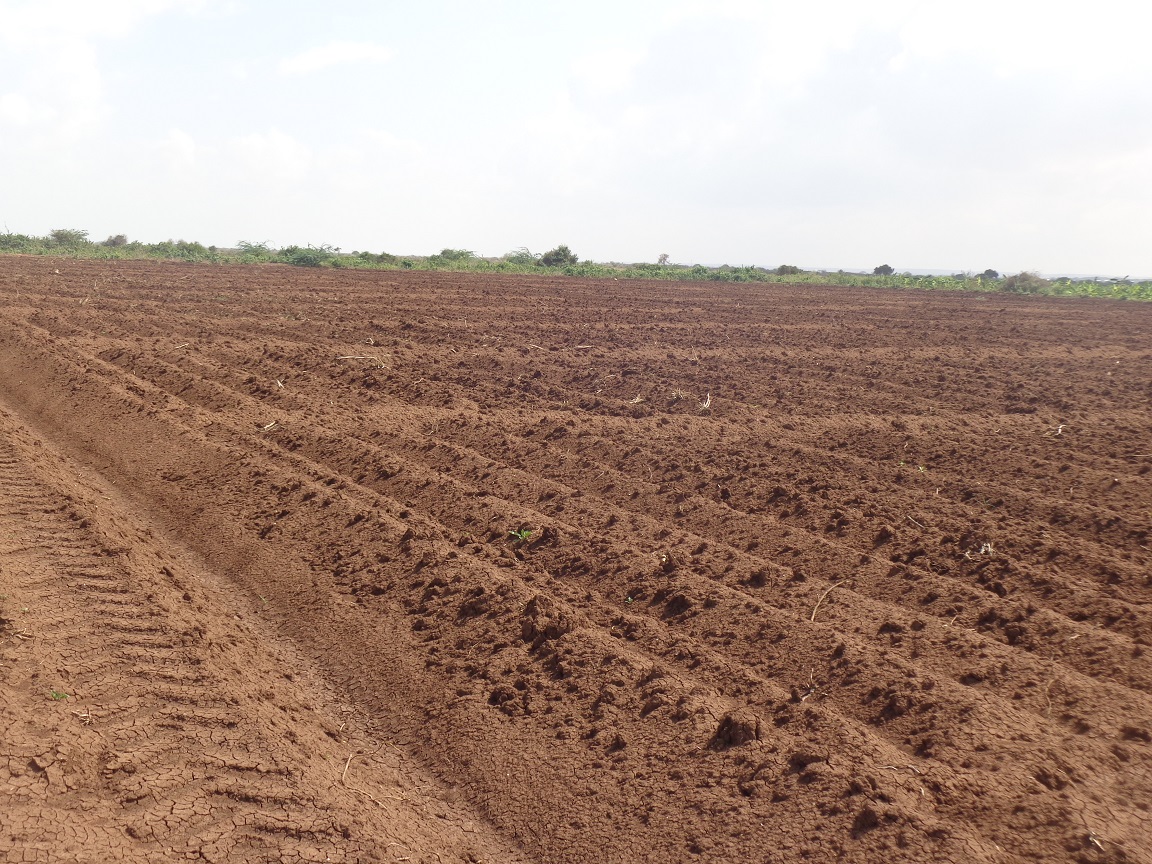
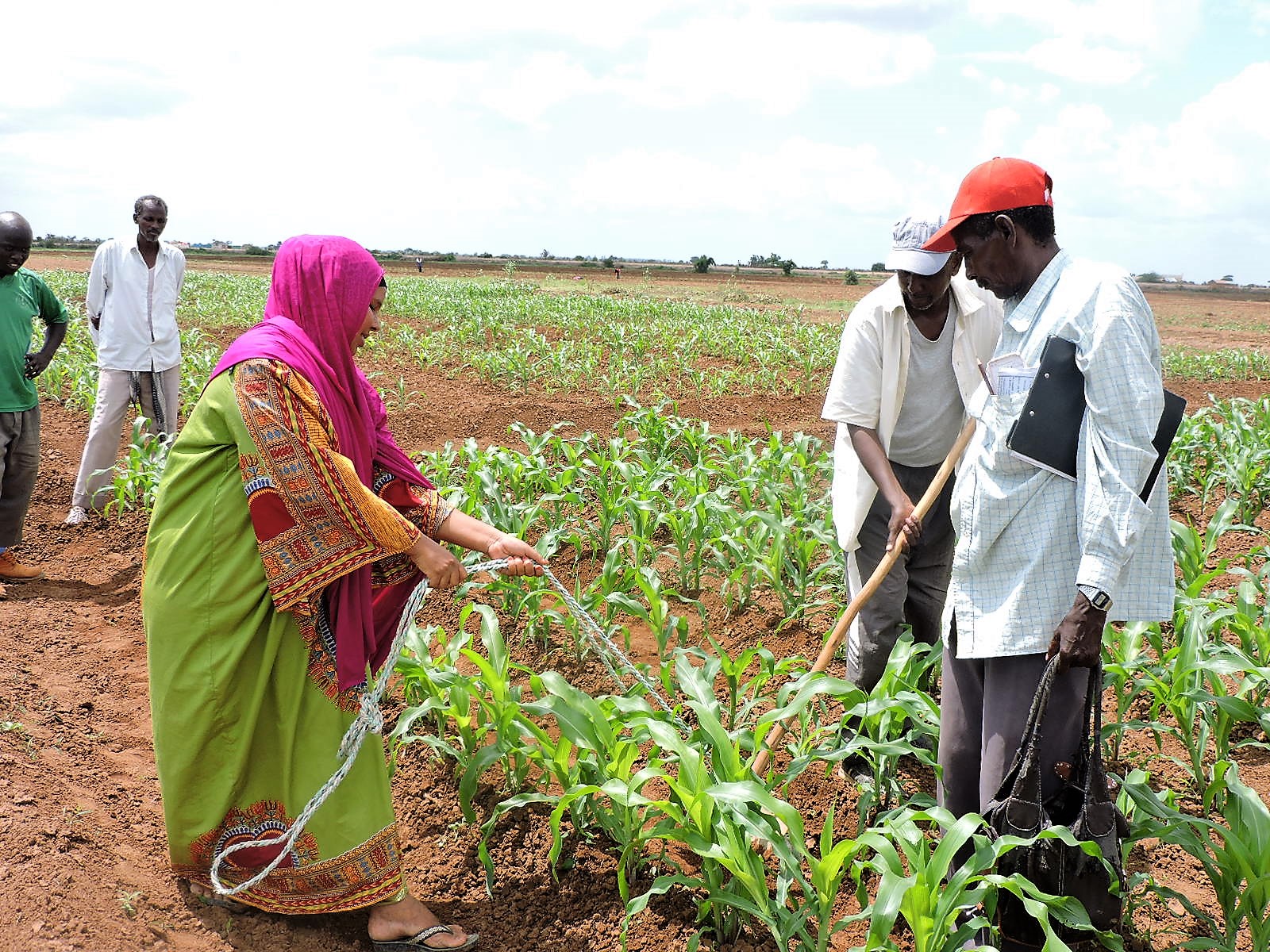
In the Dery season of 2016-2017, researchers working at the SATG Agri-Business Incubation Centre near Afgoi learned an important lesson about the importance of timely planting. Some of the maize research trials were planted early (in October) and those plants survived and had somewhat respectable yields. Other research trials were planted later (in December) with the thought that they would be irrigated with water from the Shabelle River if the plants needed more water. However, the sparse rains in almost the entire Shabelle River basin, plus up-river water usage, caused the river to be dry by mid-January. Thus, there was no irrigation water available and the maize in the later-planted trials shriveled up and died.
Timely planting is just one of the good agricultural practices (GAP) promoted by SATG.
Farmers in Somalia generally know when the Gu season rains begin in their area. If that date is past, than jilaal daboo should definitely be considered. Other GAP include improved soil fertility, planting quality seed, timely weeding.

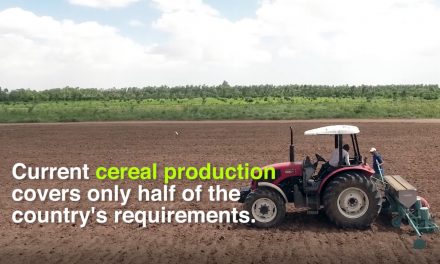
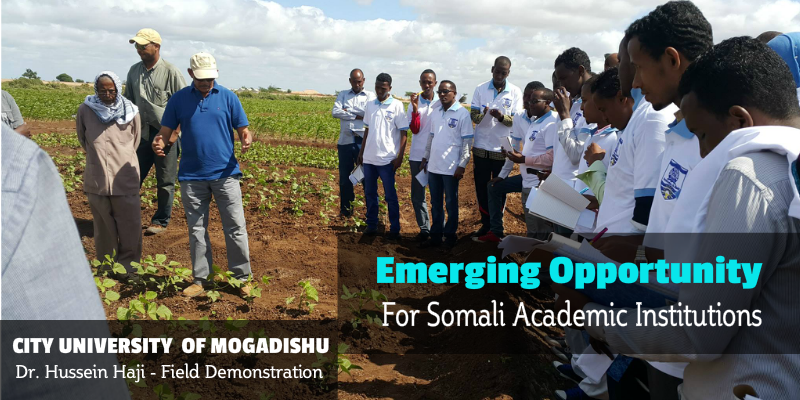
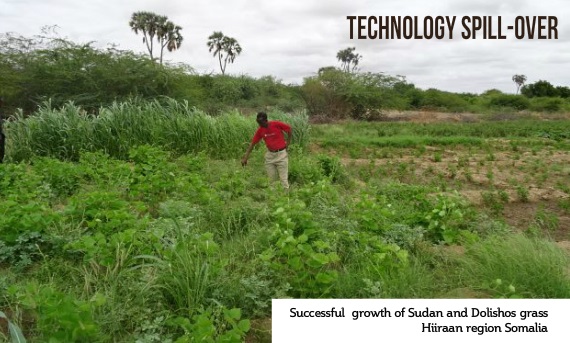
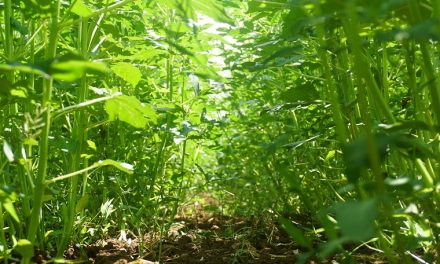



Recent Comments